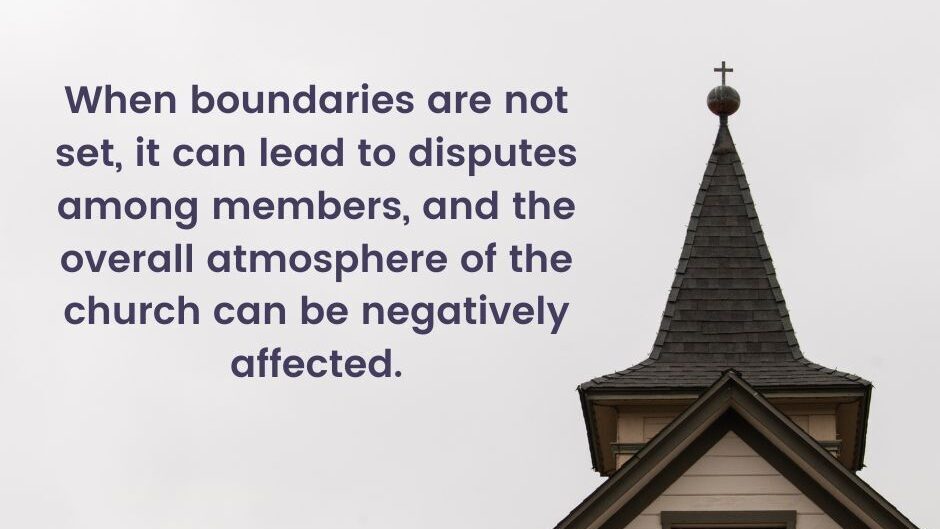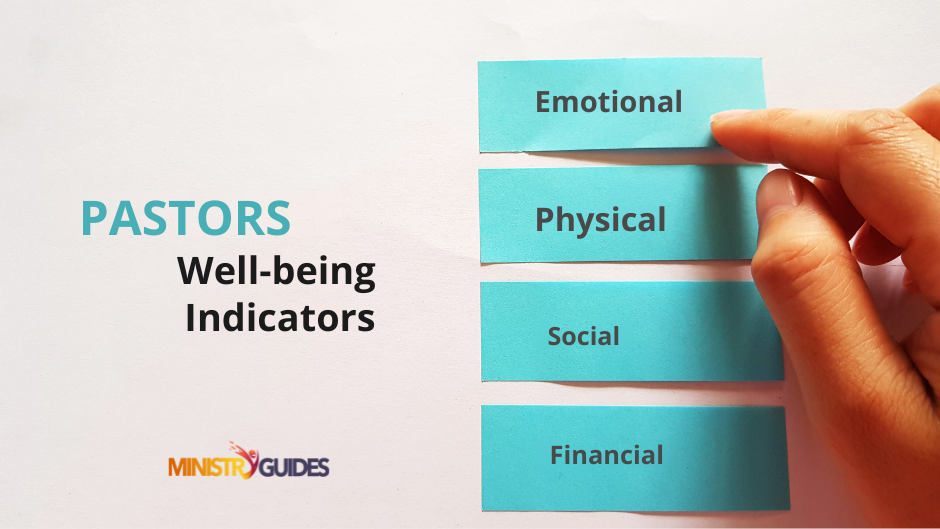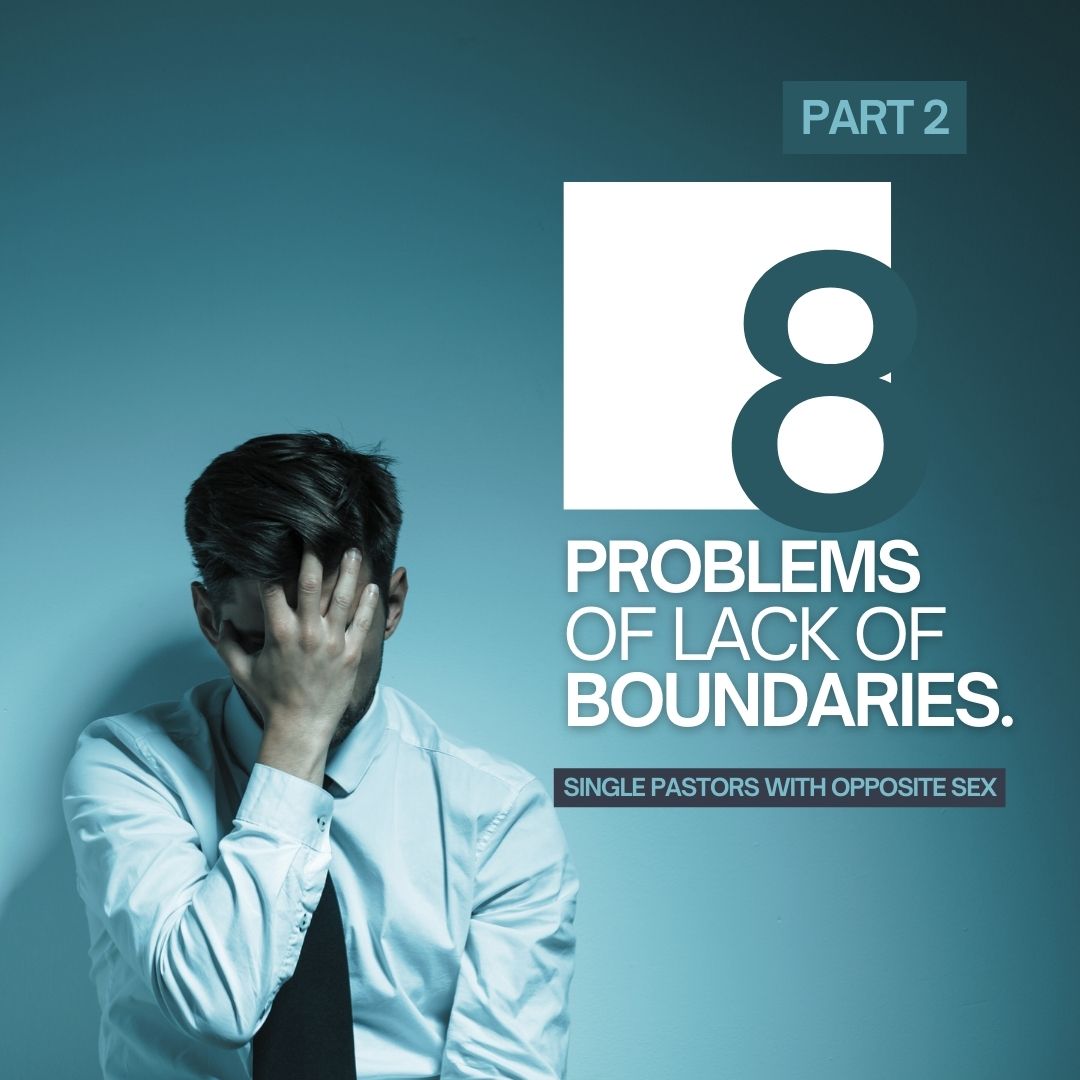Continuation of 8 Problems of the Lack of Boundaries
4. Navigating Professional vs. Personal Roles:
As spiritual leaders and individuals with personal lives, you often face a dual role that can be challenging to navigate. On the one hand, you have a professional responsibility to lead and guide your congregation towards spiritual growth and development. On the other hand, your relationships and responsibilities require your attention and time.
Establishing clear boundaries between these roles can help you balance your professional and personal lives. For instance, you should set aside specific times for counselling and spiritual guidance and reserve other times for your activities and relationships. You should also limit how much personal information you share with your congregation to maintain professional distance and objectivity.
By creating these clear boundaries, you, as a Single pastor, can navigate your dual roles with confidence and effectiveness. You can be fully present and engaged in your professional and personal lives without feeling pulled in different directions or overwhelmed by conflicting responsibilities. Ultimately, this can help you better serve your church and fulfil your personal goals and aspirations as well.
5. Avoiding Transparent Communication:
Effective communication, including a church congregation, is crucial in any organisation. As a Single pastor, you must establish clear boundaries and communicate them transparently to your congregation to avoid confusion and misunderstandings. When boundaries are not set, it can lead to disputes among members, and the overall atmosphere of the church can be negatively affected.
Therefore, you should openly address the significance of boundaries and their impact on the congregation. It would be best to encourage mutual understanding and respect where everyone’s needs are considered. This can be achieved through regular communication in sermons and informal conversations.
Being transparent about boundaries also means being consistent in enforcing them. You should ensure that your actions align with your words, enhancing the church leadership’s trust and credibility. This will also help to prevent any potential conflicts or breaches of trust.
Transparent communication and clear boundaries are essential for the smooth functioning of a church congregation. Fostering an environment of understanding and respect would create a positive and harmonious atmosphere that promotes spiritual growth and the well-being of all members.

6. Handling Romantic Feelings:
it is not uncommon for Single pastors to grapple with romantic feelings, just like anyone else. However, given the nature of your position as a church leader and the potential consequences of acting upon those feelings, you must address them and seek guidance when necessary.
Failing to do so can result in complications within the congregation, including jeopardising your pastoral reputation and potentially causing harm to the ministry. By being honest and seeking support from trusted sources, you can navigate these emotions in a respectful, ethical way conducive to maintaining a healthy and positive relationship with your congregation.
7. Neglecting Self-Care:
As a Pastor, you are often considered the community’s pillar and the church’s backbone. You invest your time, energy, and resources to serve your church, which can be demanding and emotionally draining. However, while fulfilling your pastoral duties, you may sometimes overlook your own emotional and social well-being.
Neglecting self-care can lead to various issues, such as burnout, depression, and anxiety, which can ultimately affect the pastor’s overall health and longevity in ministry. Therefore, establishing boundaries is crucial to maintain their well-being and effectively serve their congregations.
Boundaries can take many forms, but they are guidelines that help maintain a healthy balance between your personal and professional life.
For instance, you should set aside time daily to engage in activities that bring you joy and relaxation, such as reading, exercising, or spending time with your loved ones.
Additionally, you can seek support from peers, mentors, or experienced ministers to help you process your emotions and cope with the demands of your role. By prioritising your well-being, you would be better equipped to serve your congregation and lead your church community with compassion, resilience, and strength.

8. Failure to Seek External Guidance:
As you continue to navigate the complexities of your roles as a pastor, you may encounter challenges related to maintaining healthy boundaries. Knowing how to handle these situations can be difficult, and you may hesitate to seek external guidance or mentorship. However, seeking advice from mentors or experienced pastors can provide valuable insights and support.
External guidance can help you gain a fresh perspective on their situations, identify blind spots, and develop strategies for moving forward. It can also provide a safe space to explore your feelings and thoughts without fear of judgment or retribution. By seeking external guidance, you would become more effective leaders and better equipped to navigate the challenges of your roles with confidence and integrity.
Conclusion:
Maintaining clear boundaries as a single pastor with the opposite sex in your church can be difficult. You should address this issue actively to foster healthy and respectful relationships within the church community. To achieve this, transparent communication, self-awareness, and seeking external guidance can be helpful. Balancing pastoral care and personal well-being is crucial for you as a church leader to continue fulfilling your calling with integrity and compassion.






